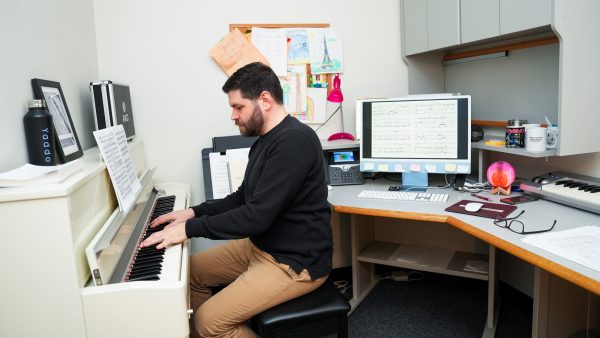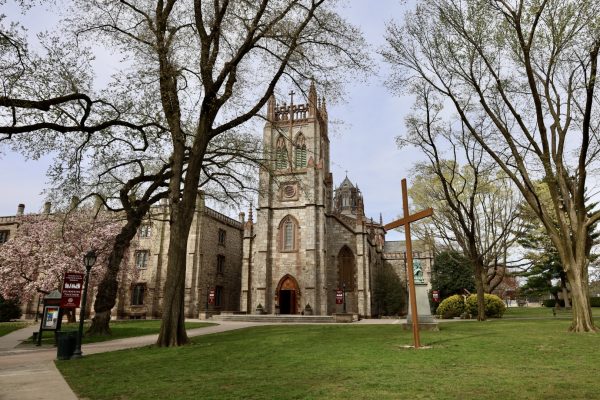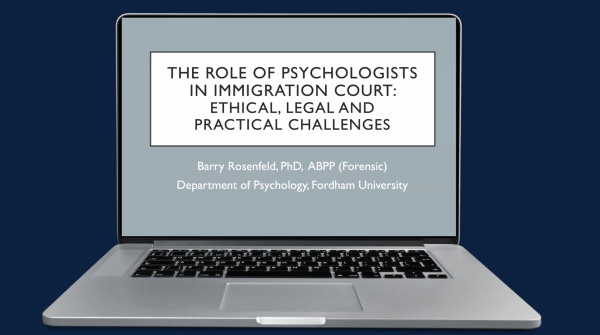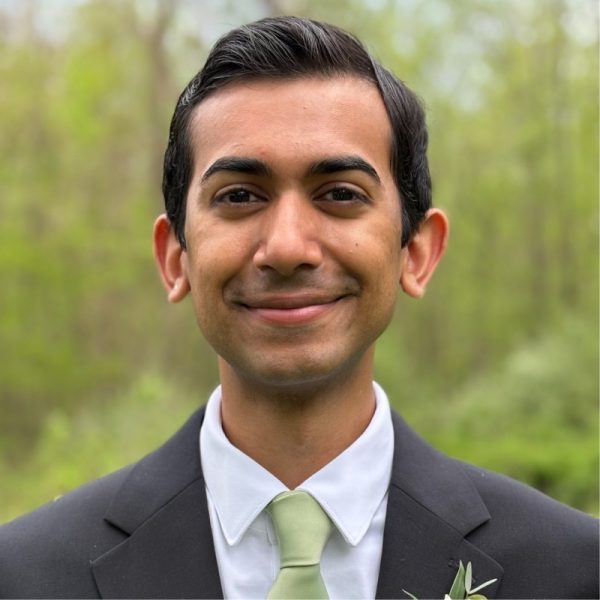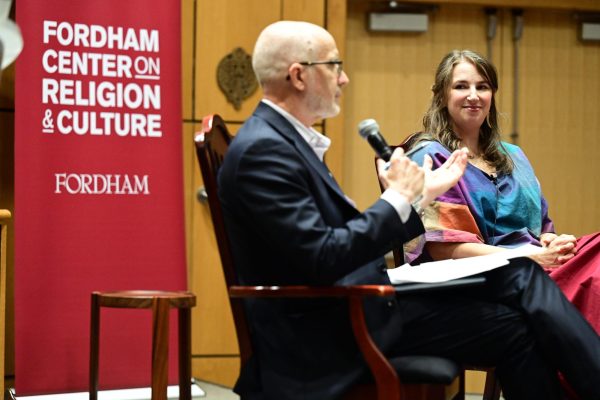Fordham Announces Campus Reopening Plans
Joseph M. McShane S.J., sent an email on June 30 detailing a plan to reopen Fordham’s campus for the fall semester. The plan that closely follows the regulations for New York City’s phases of reopening.
The plan was devised by the Fordham Forward Task Force, an organization consisting of thirteen different working-groups and overseen by a seven-person committee. McShane established Fordham Forward to develop a comprehensive plan of action for the University’s staff, faculty members, students, and visitors to adhere by, according to the email.
The thirteen working-groups have each handled different aspects of University life: Coronavirus Screening and Containment, Facilities: Infrastructure and Sanitation, Human Resources Considerations, Dining, Residential Life, Student Experience and Experiential Learning, Intercollegiate Athletics, Learning Spaces, Technology-Enhanced Teaching and Learning, Study Abroad, Research Continuity, Coordination with External Agencies, and External Events and Welcoming Guests.
The plan details new safety procedures. For example, leaving and returning to campus will require a self-administered screening test that is required each time one returns to campus. People will either immediately be cleared by the screening test or receive a recommendation to either get tested for COVID-19 or quarantine (either at home if possible or in a residence hall) for a set amount of days. Additionally, New York State requires people from certain states to quarantine before arriving on campus.
On-campus hygiene will also be reformed. The Facilities Infrastructure and Sanitation working group anticipates supplying students, staff, faculty, and visitors with personal protective equipment such as masks and gloves. The plan said there will be more stations with hand-sanitizer and wipes accessible to students as well and develop effective ways to disinfect public spaces, including communal bathrooms, more frequently than before. Students, faculty, and staff are expected to wear masks and abide by appropriate social distancing guidelines.
De-densifying campus is also an aspect of the course of action designed by Fordham Forward. The plan for this includes limiting class sizes in order to practice social distancing, designating one-way hallways and restricting the number of people in elevators and Ram Vans. For resident students, de-densifying campus also means postponing non-resident guests in halls until it is safe and eliminating forced-triples in freshmen dorms.
In the ‘De-densifying in Living Spaces’ section of the proposal, Fordham Forward said vendors for additional housing needs are already in play.
For comparison, Yale University in New Haven, Connecticut, announced a plan that only allows three classes on campus at a time for the 2020-2021 school year. During the fall, freshmen, juniors, and seniors will be able to live on campus, and in the spring, sophomores, juniors and seniors will be. Jacob Alvarado, a rising sophomore at Yale, affirms that the whole residential-university experience will look very different than it did only a year ago.
The plan referenced previous emails that detailed a hybrid class structure that includes both in-person and remote instruction. Classes that primarily rely on presentations can be taught remotely using an asynchronous model that some professors utilized to finish the spring semester.
An asynchronous method allows students to access the material at any time and complete it on their own. Classes that require students and professors to meet in person, must meet in small groups.
The reopening of Fordham must align with the New York: Higher Education Guidelines.
New York University (NYU), located in Greenwich Village, is planning for a similar course of action according to Francesca Chinea, a rising sophomore at NYU. hybrid learning along with reforms to housing assignments in order to spread students out.





































































































































































































